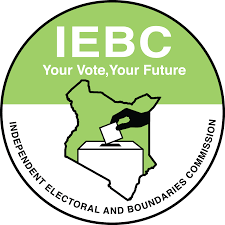The Independent Electoral and Boundaries Commission (IEBC) has announced that it will require Ksh.57.3 billion to conduct Kenya’s 2027 General Elections. This amount is a reduction from the initial estimate of Ksh.61.7 billion. IEBC CEO Marjan Hussein Marjan told parliament on Thursday that the Treasury’s allocation of Ksh.49.75 billion falls short by Ksh.7.6 billion, raising concerns over the commission’s ability to conduct a seamless election.
Chairperson Erastus Ethekon highlighted that the commission plans to launch continuous voter registration on September 29. Constituencies holding by-elections will access these services only after the mini-polls conclude. Commissioner Ann Nderitu emphasized that the registration drive aims to achieve a 70% registration rate among Kenyan youth. “We will mobilize young people at the grassroots level and through online campaigns. Our youth committee will engage youth organizations across the country, supported by our Gen Z Vice Chair,” she said.
IEBC Director of Legal Services Chrispine Owiye revealed that the commission intends to register 6.3 million new voters ahead of 2027, based on population surveys. East African voters can register with ID cards, while others will use valid passports. The commission has also separated administrative servers from election servers to prevent potential anomalies. A new column for stray ballots has been added to comply with the Supreme Court ruling of 2022, and an audit of the voters’ register will be conducted eight months before the elections.
Marjan expressed concerns about the repeated harassment of IEBC staff during election cycles. He cited the killing of IEBC ICT Manager Chris Msando before the 2017 elections, noting that the incident has left a lasting fear within the commission.
As the commission prepares for one of Kenya’s largest electoral exercises, the focus remains on ensuring transparency, security, and youth participation while navigating financial and operational challenges.

